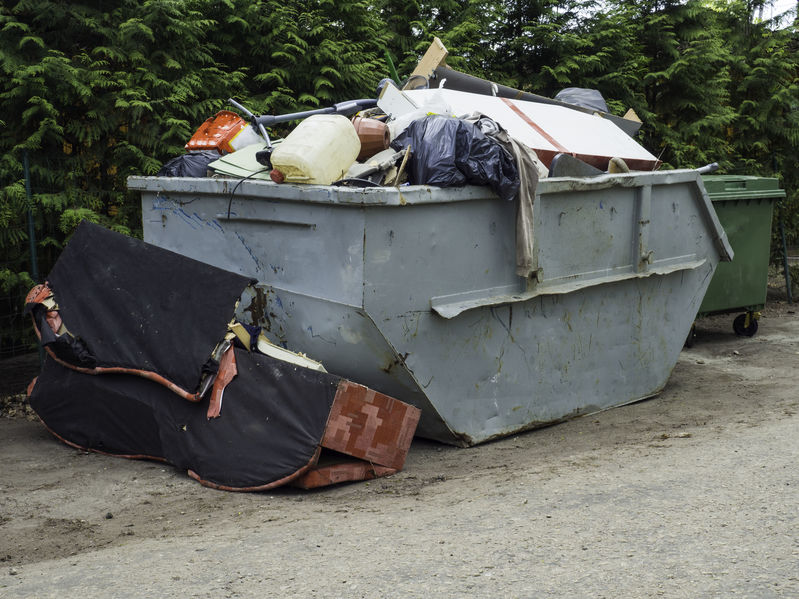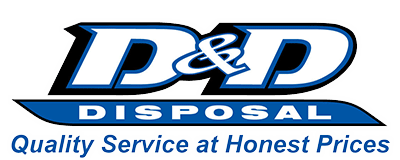 Waste is any substance or material that is rendered useless or worthless. It could be in form liquids, solids or organic material. Most states have their unique regulations that guide their waste disposal. Most companies in a bid to adhere to these strict guidelines require you to sort out your waste into different categories to make their work easier as well as play a role in maintaining an environment that is safe, clean and healthy for everyone. This article looks at the different types of wastes handled by junk removal companies.
Waste is any substance or material that is rendered useless or worthless. It could be in form liquids, solids or organic material. Most states have their unique regulations that guide their waste disposal. Most companies in a bid to adhere to these strict guidelines require you to sort out your waste into different categories to make their work easier as well as play a role in maintaining an environment that is safe, clean and healthy for everyone. This article looks at the different types of wastes handled by junk removal companies.
- Hazardous Waste
These types of waste are termed as being very toxic, flammable, reactive or highly corrosive. Most of these wastes consist of medical wastes such as needles and syringes that are considered highly sensitive to be handled with bare hands. Most junk removal companies have their unique guidelines for handling such wastes since these can cause serious health and safety issues among the public. Hazardous waste does not find its way into recycling centers since it produces toxic gases. It is instead taken to industrial destruction.
- Liquid Waste
This includes all the fluids that are of no use to anyone in the homestead. They could be in terms of juice, bottled water, dirty water, detergents, drain water or any other liquid that is of no use to anyone. Most liquids are recycled to make new clean drinks such as bottled water, while dirty drainage water is treated and recycled to make clean safe tap water for drinking and domestic uses. Detergents are easily recycled to make new clean detergents that are safe and healthy for domestic cleaning.
- Organic Waste
These take the second-largest share of homestead waste and include most of plant and animal products that are deemed useless in the homestead. These include food leftovers, meat, rotten vegetables, and expired food items. Upon decay, these produce nitrogen and methane, all of which corrode the dumpsters provided by the junk companies.
Organic waste is normally put in separate plastic bags that are provided by waste management companies. The main reason for this nature of disposal is that upon rotting, organic waste produces bad-smelling gases that make the environment uncomfortable for human survival. It may also act as perfect breeding grounds for mold and mildew that are the main cause of allergies and some respiratory-related problems.
- Solid Waste
These include all the household solid materials that are of no use to anyone in the homestead, and take the largest share of homestead waste. These could be in form paper, concrete, drywall, dry paint, carton, steel, cans, clothing, and bedding. Most of these wastes are non-biodegradable and are for this reason either disposed in landfills or recycling plants. For example, plastic and glass are recycled and mixed to make fiberglass, which is an excellent material for flooring and walls in the bathroom or decks.
Solid wastes are heavy and take much less time to fill the dumpsters, meaning it may cost you excess money to have your junk hauled by professionals. Despite this, solid waste is not toxic and does not pose any serious threat to the health and safety of the public, hence can be handled with just some gloves on the hands to protect the skin from cuts and scratches.
- Bulk Waste
Bulk waste includes overly large wastes like branches of a tree, a large piece of drywall, a large piece of electronics and furniture like a king-size bed. Most of them require specialized equipment to remove and transport them to the point of disposal hence costing you excess money. Most waste management companies have their unique outlined guidelines for disposal of bulk waste. Fortunately, bulk waste is quite rare and only occurs after a long period.
People should contribute to the efforts of reducing climate change, by being eco-friendly as much as possible. One of the many ways to achieve this goal is by ensuring proper waste management, which entails sorting out different types of wastes by their categories to ensure a clean, healthy and safe environment for everyone to live. Take it upon yourself to adhere to the rules and regulations for waste disposal by the junk companies; not just because they require us to do so and are being paid, but because they are human too and it is also the right thing to do. After all, you stand to benefit from a clean, healthy and safe environment, and not the junk removal companies.

